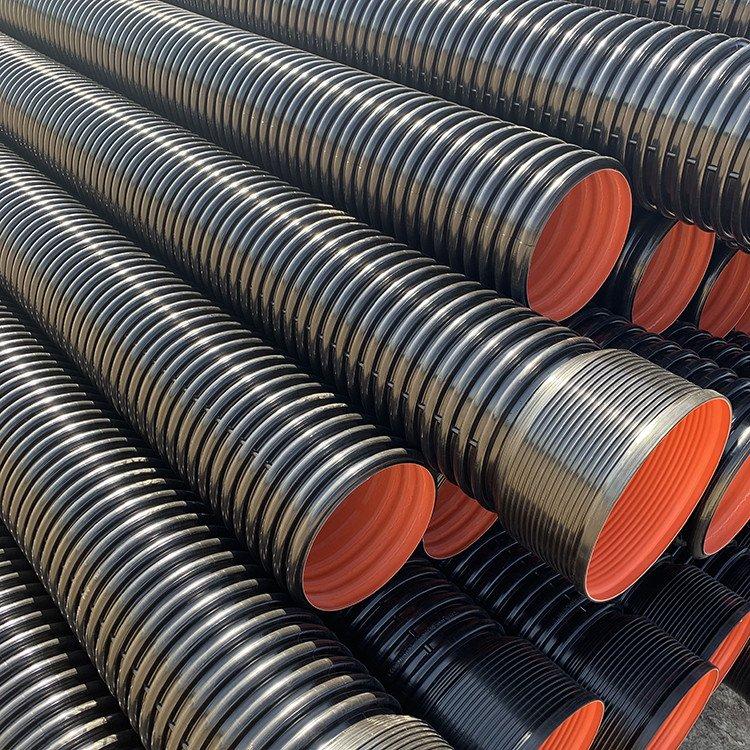Oct . 12, 2024 04:30 Back to list
Exploring the Innovations in PPR Plumbing Manufacturing and Factory Practices
PPR Plumbing Factories A Rising Star in Sustainable Infrastructure
In recent years, the demand for eco-friendly and efficient plumbing solutions has soared, making Polypropylene Random Copolymer (PPR) plumbing systems increasingly popular among builders, contractors, and homeowners. As the construction and plumbing industries evolve, factories specializing in PPR products are emerging as key players in creating sustainable infrastructure. This article delves into the significance of PPR plumbing factories, their production processes, and how they contribute to a greener future.
Understanding PPR and Its Advantages
PPR, or Polypropylene Random Copolymer, is a thermoplastic polymer known for its excellent thermal stability, corrosion resistance, and longevity. These properties make PPR an ideal material for plumbing systems, with applications ranging from hot and cold water supply to heating systems. One of the standout advantages of PPR over traditional materials like copper or vinyl is its lightweight nature, which simplifies installation and reduces transportation costs.
Moreover, PPR pipes and fittings are resistant to scale and corrosion, ensuring a longer life span and lower maintenance costs. This not only benefits consumers economically but also reduces the environmental impact associated with frequent repairs and replacements, making PPR an appealing choice for eco-conscious builders.
Production Processes in PPR Plumbing Factories
PPR plumbing factories employ advanced manufacturing techniques to produce high-quality piping systems that meet international standards. The production process typically begins with sourcing raw materials, which are subjected to rigorous quality control to ensure compliance with safety and performance specifications.
Once the raw materials are procured, they undergo extrusion, where they are heated until they melt and then formed into pipes and fittings. This stage requires precise temperature control and skilled technicians to ensure uniformity and consistency. Following extrusion, the products undergo a cooling process, after which they are cut to size and packaged for distribution.
To maintain high standards, many PPR plumbing factories implement stringent testing protocols at various stages of production. These tests often include pressure tests, hydraulic tests, and temperature resistance tests to ensure that the final products are durable and reliable.
ppr plumbing factories

Sustainability and Environmental Impact
As global awareness of environmental issues grows, PPR plumbing factories are making strides to adopt sustainable practices. Many factories are implementing eco-friendly measures in their production processes, such as recycling waste materials and utilizing energy-efficient machinery. By minimizing waste and reducing energy consumption, these factories contribute to lowering the overall carbon footprint of the plumbing industry.
Additionally, PPR pipes are fully recyclable, which aligns with the principles of a circular economy. This allows for the reprocessing of old PPR products into new ones, further diminishing environmental waste and resource depletion. The sustainability aspect of PPR not only makes it a practical choice for plumbing but also positions it as a responsible alternative in an era where environmental stewardship is paramount.
Future Prospects of PPR Plumbing Factories
With the ongoing emphasis on sustainable construction practices, the future of PPR plumbing factories appears promising. As governments and industries shift towards greener solutions, the demand for PPR products is set to increase. This trend is likely to drive innovation within the industry, fostering the development of new technologies and manufacturing techniques that enhance product performance and sustainability.
Moreover, as more industries recognize the benefits of PPR plumbing systems, the market is expected to expand beyond traditional residential and commercial applications into sectors like agriculture and renewable energy. This diversification will further solidify the importance of PPR plumbing factories in shaping a sustainable future.
Conclusion
PPR plumbing factories are at the forefront of innovation in sustainable infrastructure. By producing durable, eco-friendly plumbing solutions, they play a crucial role in addressing both modern plumbing needs and environmental concerns. As the industry continues to evolve, PPR will undoubtedly stand as a testament to the potential of sustainable materials, paving the way for a more responsible and efficient approach to plumbing.
-
High-Quality PVC Borehole Pipes Durable & Versatile Pipe Solutions
NewsJul.08,2025
-
High-Quality PVC Perforated Pipes for Efficient Drainage Leading Manufacturers & Factories
NewsJul.08,2025
-
High-Quality PVC Borehole Pipes Durable Pipe Solutions by Leading Manufacturer
NewsJul.08,2025
-
High-Quality PVC Borehole Pipes Reliable PVC Pipe Manufacturer Solutions
NewsJul.07,2025
-
High-Quality UPVC Drain Pipes Durable HDPE & Drain Pipe Solutions
NewsJul.07,2025
-
High-Quality Conduit Pipes & HDPE Conduit Fittings Manufacturer Reliable Factory Supply
NewsJul.06,2025

